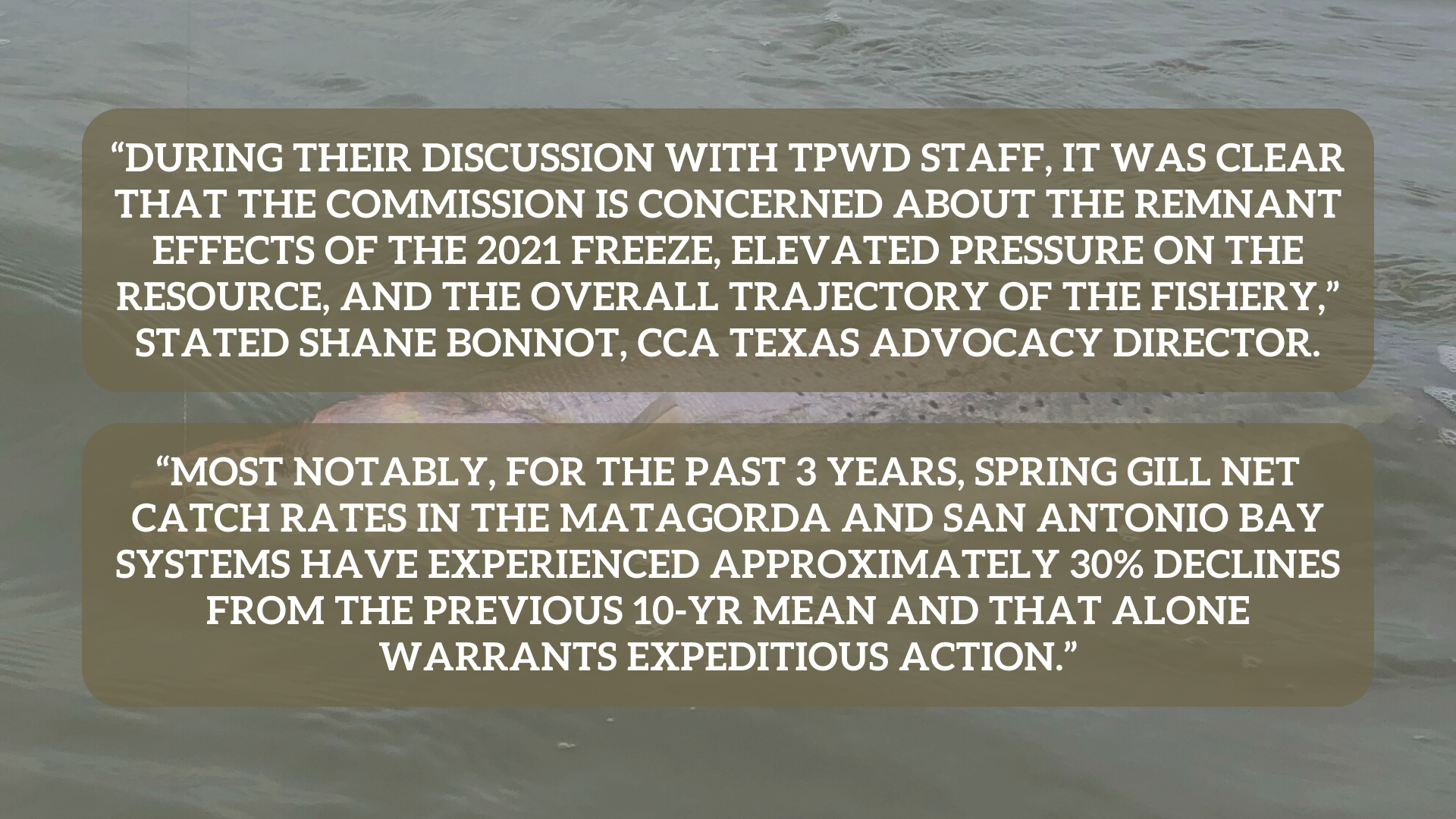
“During their discussion with TPWD staff, it was clear that the Commission is concerned about the remnant effects of the 2021 freeze, elevated pressure on the resource, and the overall trajectory of the fishery,” stated Shane Bonnot, CCA Texas Advocacy Director. “Most notably, for the past 3 years, spring gill net catch rates in the Matagorda and San Antonio Bay Systems have experienced approximately 30% declines from the previous 10-yr mean and that alone warrants expeditious action.”
Read More
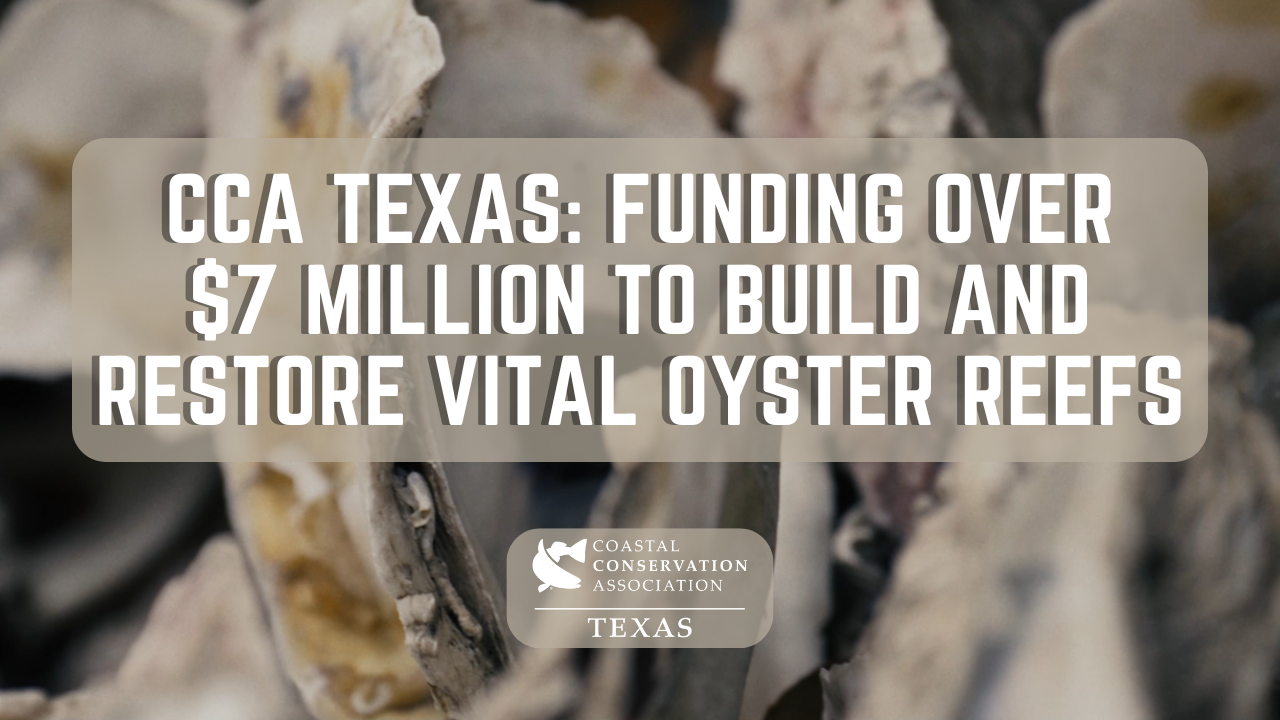


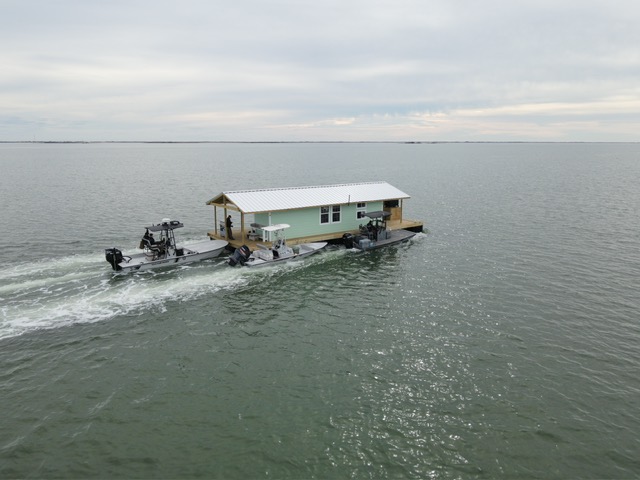
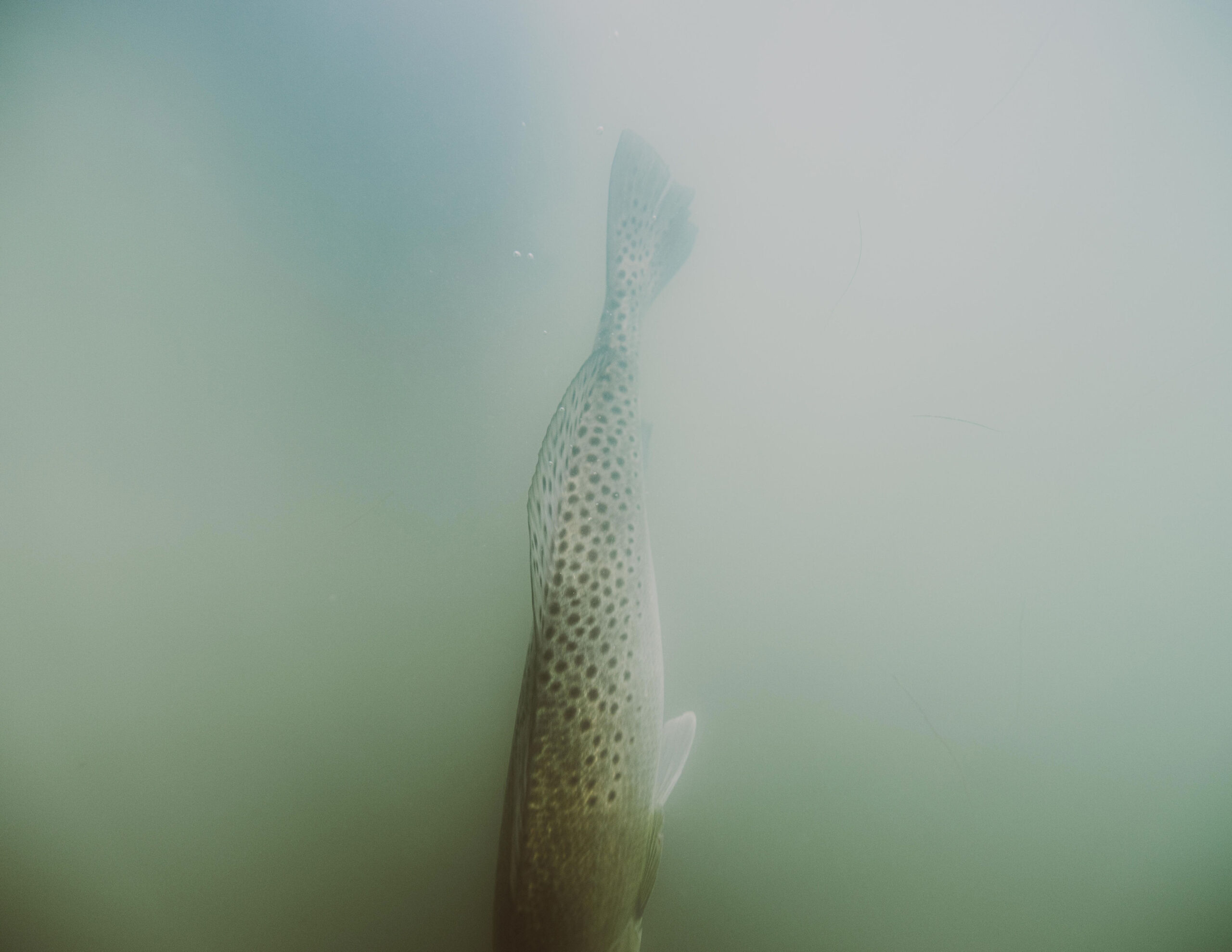
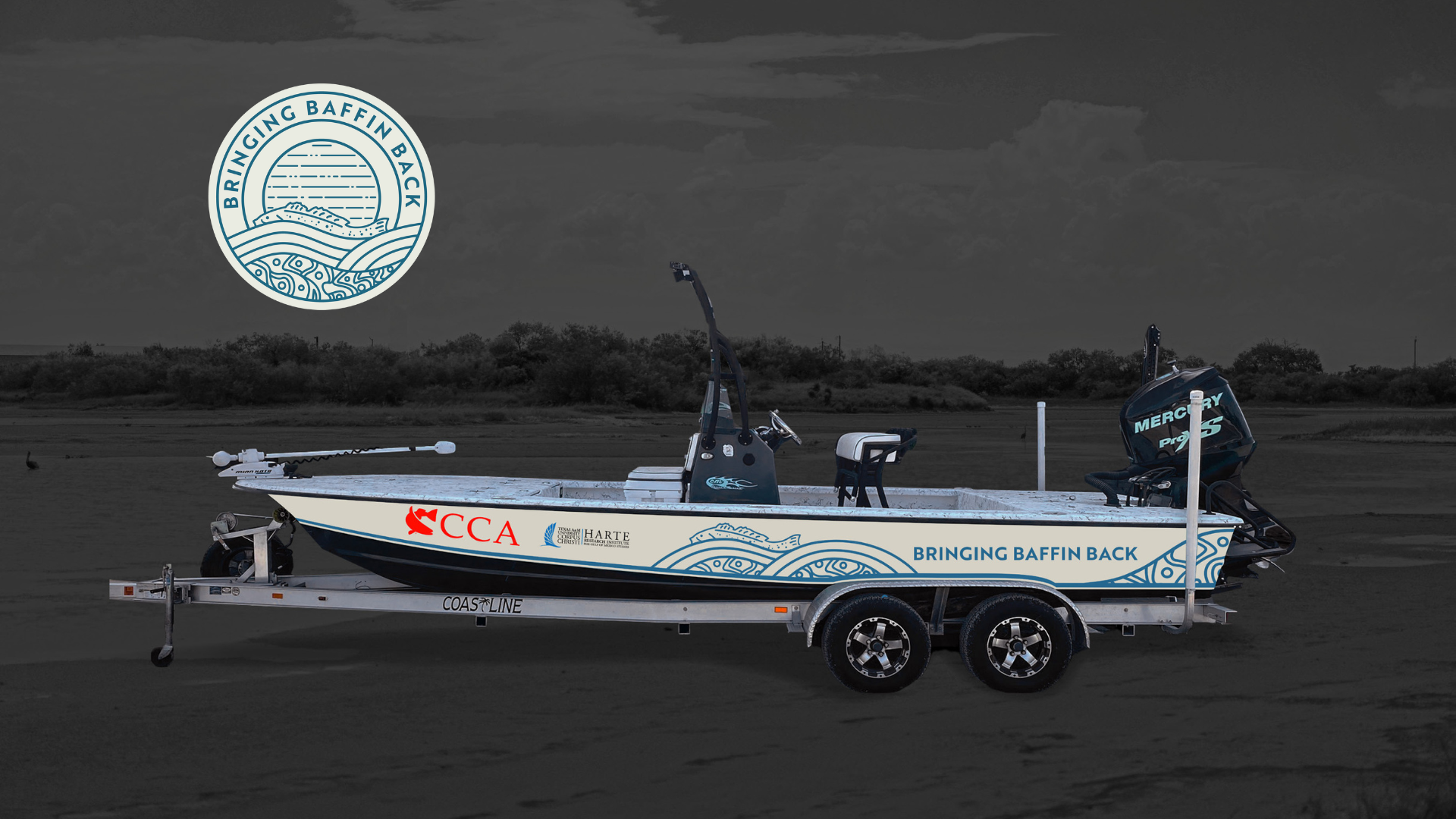
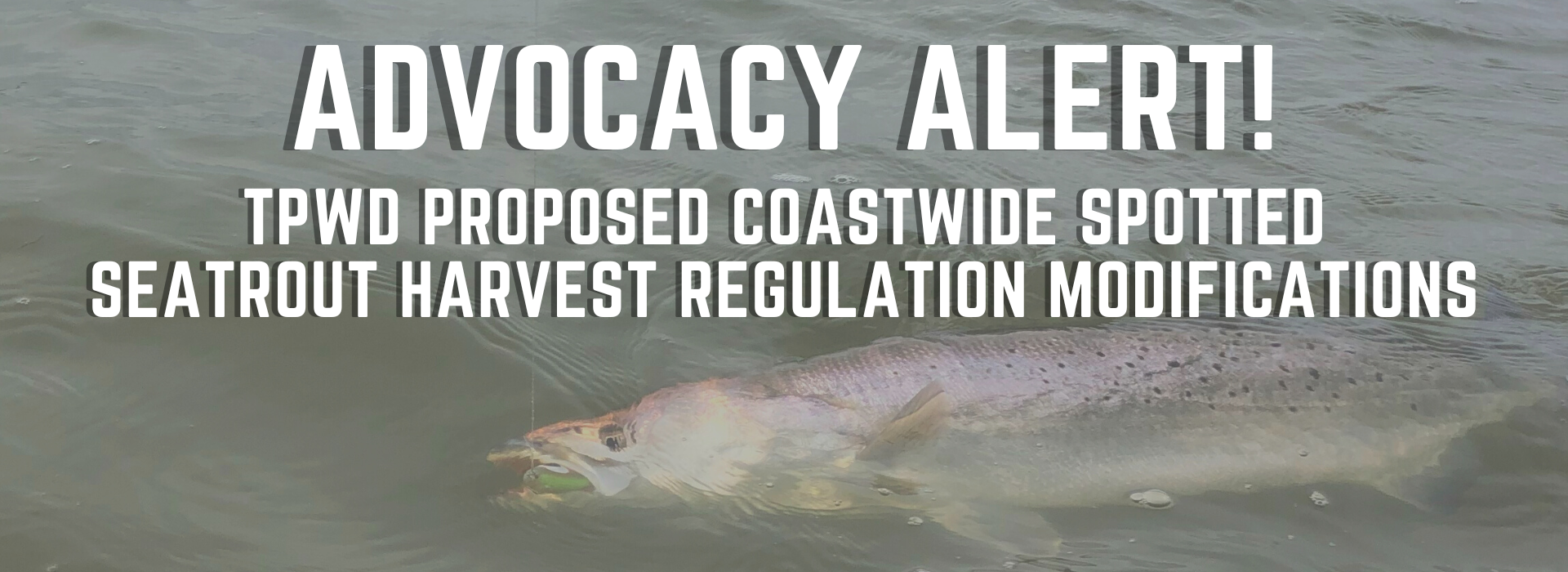

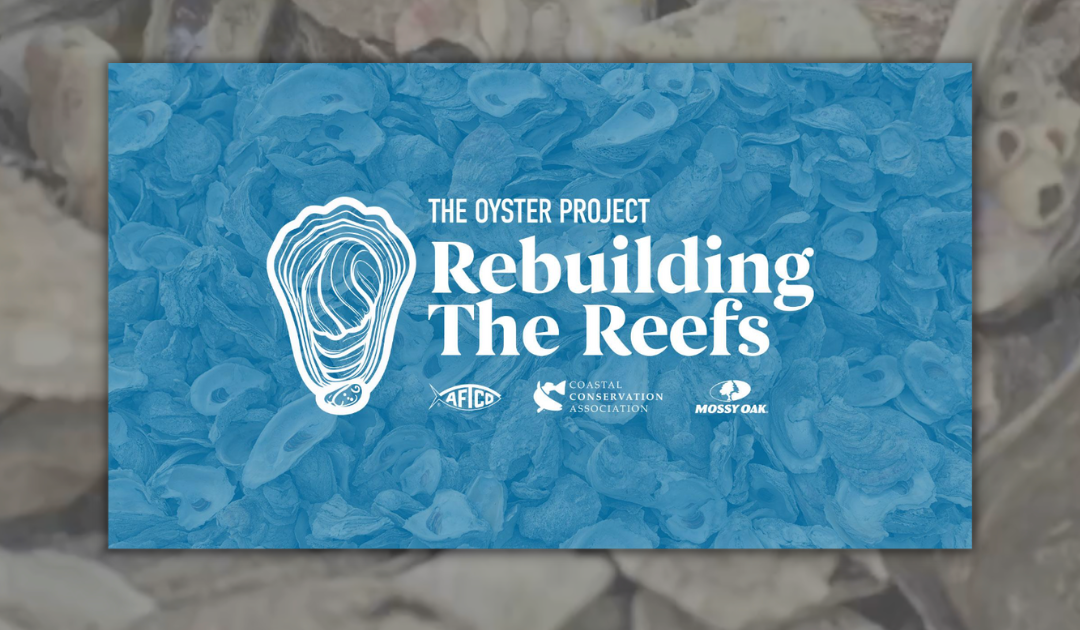
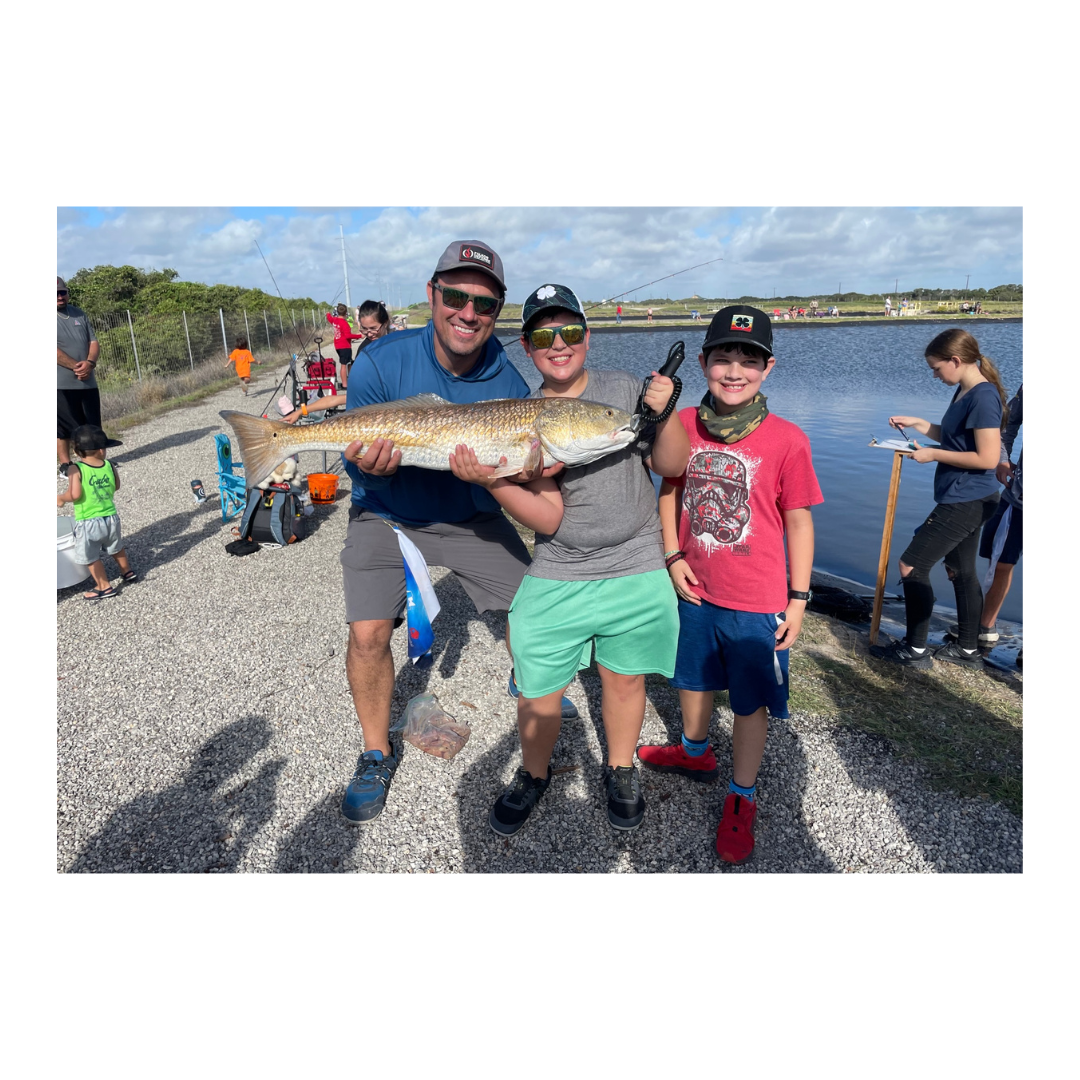
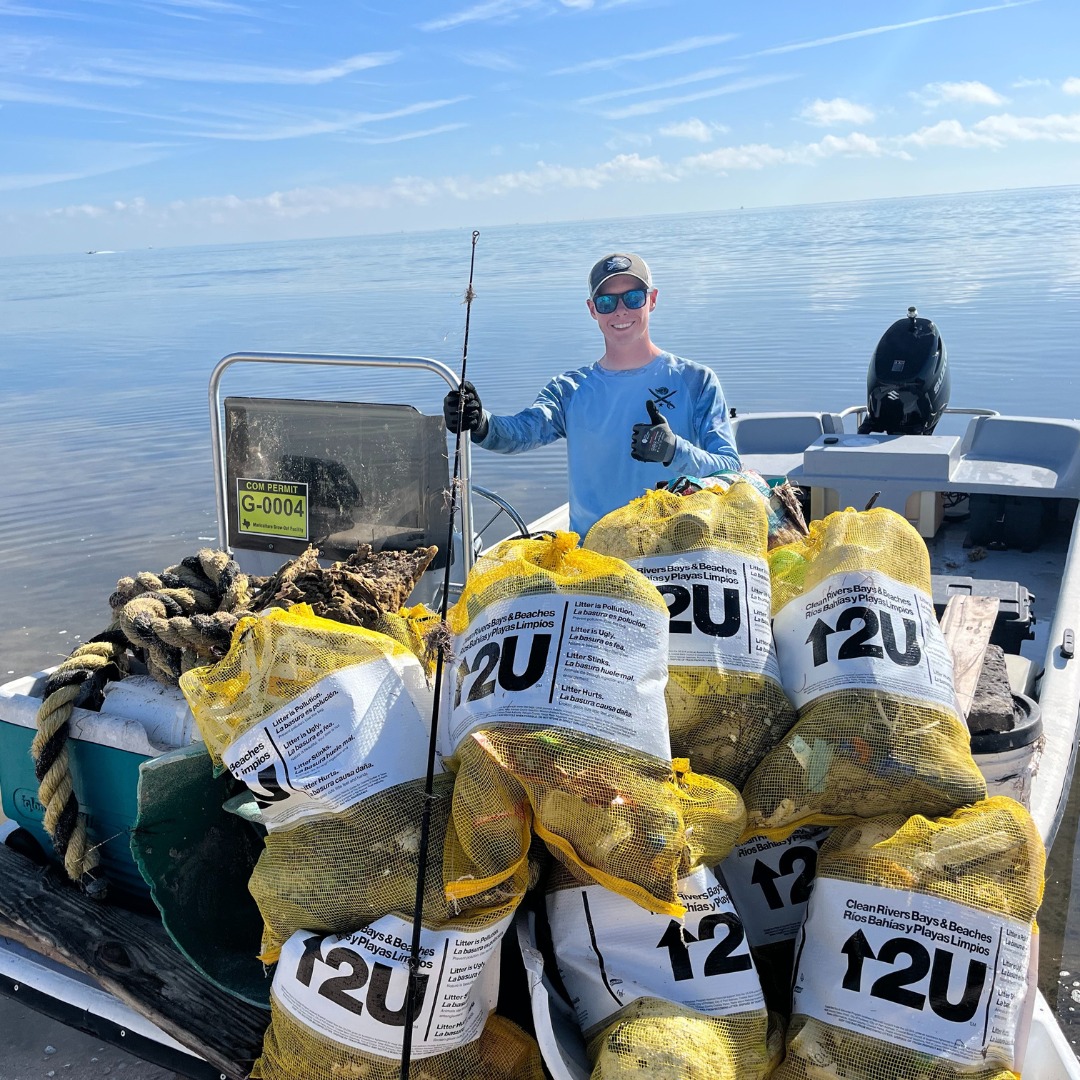
Recent Comments